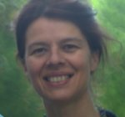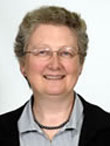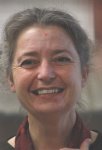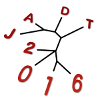Dr. Michael Oakes (http://pers-www.wlv.ac.uk/~in4326/) is a Reader in Computational Linguistics in RGCL. He was appointed to the post two years ago, having previously worked for 13 years as a Senior Lecturer in Computing at the University of Sunderland. He was the Principal Investigator at Sunderland for the EU-funded VITALAS project (http://vitalas.ercim.eu), which produced a multimedia search engine to help people find pictures of interest to them in the BELGA News Agency collection. Sunderland’s responsibility was to perform the necessary text processing. Dr. Oakes’ doctoral thesis was in the area of information retrieval, and he has successfully acted as the main supervisor for seven doctoral students of his own in this area. He has a long standing interest in studies of disputed authorship. He worked with Dr. Alois Pichler at the Wittgenstein Archives in Bergen to look at works thought to have been dictated by Wittgenstein. With the late Dr. Harry Erwin he used the multivariate technique of correspondence analysis to examine evidence for a Signs Gospel, a possible precursor of the Gospel of St. John. His most recent book, “Literary Detective Work on the Computer” (2104) was published by John Benjamins, and included chapters on disputed authorship, plagiarism and spam, stylometry (computer studies of the writing style) of Shakespeare and religious texts, and they ways in which computers can help to decipher lost languages. He is writing the chapter on “Disputed Authorship, Stylometry and Spam” for the next edition of the “Oxford Handbook of Computational Linguistics”. With Meng Ji, he edited “Quantitative Methods in Corpus-Based Translation Studies” (2012), a practical guide to descriptive translation research, which aims to introduce statistical methods to the field of Translation Studies. Michael’s first book was “Statistics for Corpus Linguistics” which came out in 1998.
Réduire






